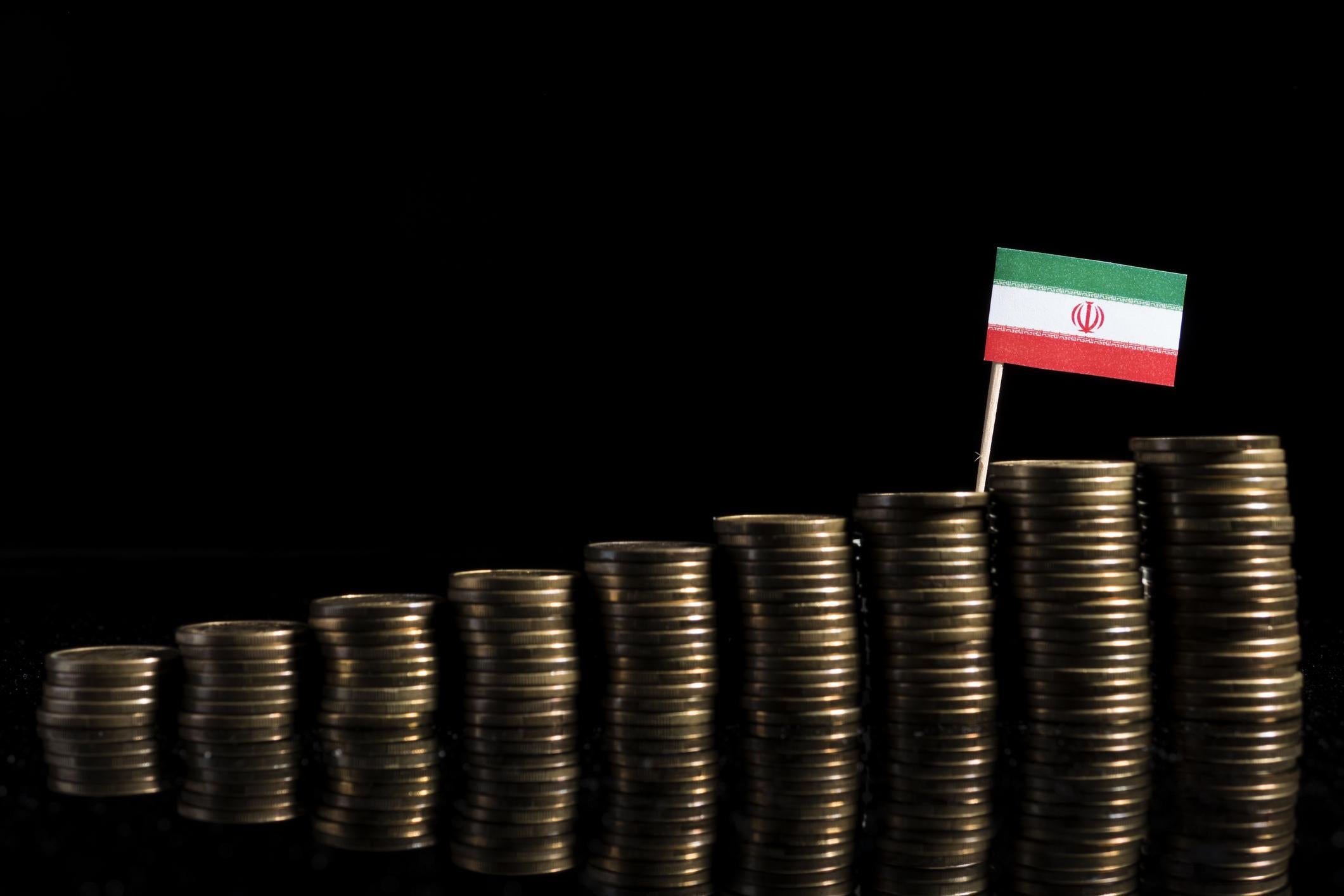Iran plans national cryptocurrency to evade US sanctions
The launch of the experimental 'indigenous cryptocurrency' by the Iranian central bank follows a ban on buying US dollars in the country

Your support helps us to tell the story
From reproductive rights to climate change to Big Tech, The Independent is on the ground when the story is developing. Whether it's investigating the financials of Elon Musk's pro-Trump PAC or producing our latest documentary, 'The A Word', which shines a light on the American women fighting for reproductive rights, we know how important it is to parse out the facts from the messaging.
At such a critical moment in US history, we need reporters on the ground. Your donation allows us to keep sending journalists to speak to both sides of the story.
The Independent is trusted by Americans across the entire political spectrum. And unlike many other quality news outlets, we choose not to lock Americans out of our reporting and analysis with paywalls. We believe quality journalism should be available to everyone, paid for by those who can afford it.
Your support makes all the difference.Iran has unveiled plans to launch its own national cryptocurrency, partly in response to crippling economic sanctions imposed by the US.
The Central Bank of Iran revealed finalised details about the "indigenous cryptocurrency", according to Iranian news agency Ibena, which explained that it will be backed by Iranian rials.
The state-backed cryptocurrency will be similar to bitcoin in that transactions are carried out on an online ledger called a blockchain, however it will not be possible for people to mine it because the infrastructure will be private.
"The infrastructure is supposed to be as an ecosystem available for Iranian banks and active companies in cryptocurrencies area after being tested and reviewed," Ibena, which is affiliated with the Central Bank of Iran, reported.
The country's central bank has previously been dismissive of bitcoin and other cryptocurrencies, however it was forced to explore new ideas after the US withdrawal from the Iran nuclear deal restored heavy economic sanctions.
A domestic digital currency is seen as a solution for the country being cut off from international payments networks, with the technology facilitating the transfer of funds around the world. If the test with banks and financial companies in the country is successful, the cryptocurrency could roll out publicly.
Iran Supreme Leader Seyyed Ali Khamenei said on Wednesday the country needed to do more to solve the economic problems it faces.
"With regards to the economy, there is need for full force, large-scale and proficient work," Ayatollah Khamenei said, according to Iran's state-sponsored Press TV.
"Authorities in charge of economic affairs must work hard day and night to resolve the problems."
Iran isn't the first country to make a foray into the world of digital currencies, with Venezuela recently announcing radical economic reforms that will see its own state-backed cryptocurrency tied to the country's official currency.
Venezuela's petro cryptocurrency is backed by the country's reserves of oil, gas, gold and diamonds, and is also designed to circumvent US sanctions and enable access to international financing.
Within a month of its launch, US President Donald Trump signed an executive order to ban Americans from investing in Venezuela's cryptocurrency.
Join our commenting forum
Join thought-provoking conversations, follow other Independent readers and see their replies
Comments